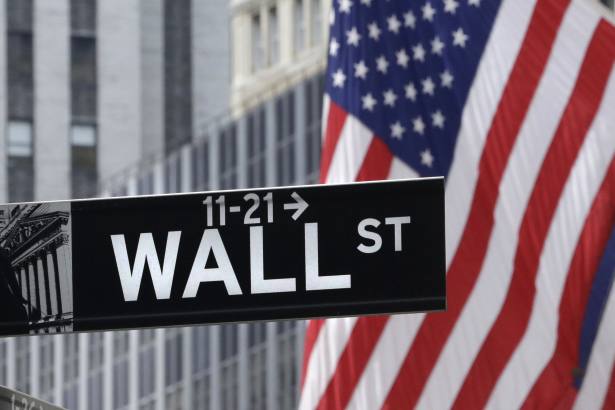On the corporate front, there is work to do, despite the way in which tech – generally perceived to be a relatively ESG-friendly sector – dominates indices. To take emissions alone, only 280 companies in the S&P 500 currently report scope one and two emissions – those deriving from either their own operations or those from companies whose energy they purchase – according to data from the International Energy Agency. This is despite climate change having been earmarked by the SEC as a “material issue” for well over a decade.
Many expect that ESG disclosures in general will become more closely watched by regulators under a Biden administration.
Julian Cook, US equity portfolio specialist at T. Rowe Price, says: “Consideration of ESG factors should serve to not only improve behaviours with greater accountability but also, importantly, the disclosures of the future winners in US equities.
“Disclosures matter as they allow investors to measure and appreciate progress on key ESG factors as it relates to long-term investment programs and ambitions of the best management teams.”
Ninety One analyst Mr Anthony adds: “Investors should look to those companies that are already demonstrating a high level of transparency and understanding of their externalities, which we believe will be increasingly priced by the market. US companies’ carbon disclosure should be of a particular focus for investors.”
Mr Anthony’s view is that investors will have to work harder to truly understand the carbon risk profile if they are to avoid any nasty surprises within their portfolios over the longer term.
He continues: “We believe you need to understand their full carbon footprint, meaning scope one, two, and all 15 categories of scope three [emissions that occur during the use of a company’s products]
“We would expect those companies that are disclosing their full carbon footprint and addressing carbon risk within their business to be better prepared to address the challenges of climate change, but also to take advantage of the significant opportunity that decarbonisation offers over the long term.”
However, despite the positives that may emerge from an environmental perspective from the Biden win, some market commentators note that the US remains divided on many issues relating to ESG.
Sarah Wilson, chief executive officer of Minerva Analytics, says while Mr Biden has expressed a commitment to re-joining the Paris accord, there are still going to be issues on “social factors” given US history. She notes that the US previously failed to sign up to the Human Rights Charter, for example.
She says: “Biden’s win, while convincing, still shows that the US is polarised. The shareholder vs stakeholder debate is still split roughly down the middle, and there remain concerns that US companies are paying lip service to ESG/stakeholder capitalism.








